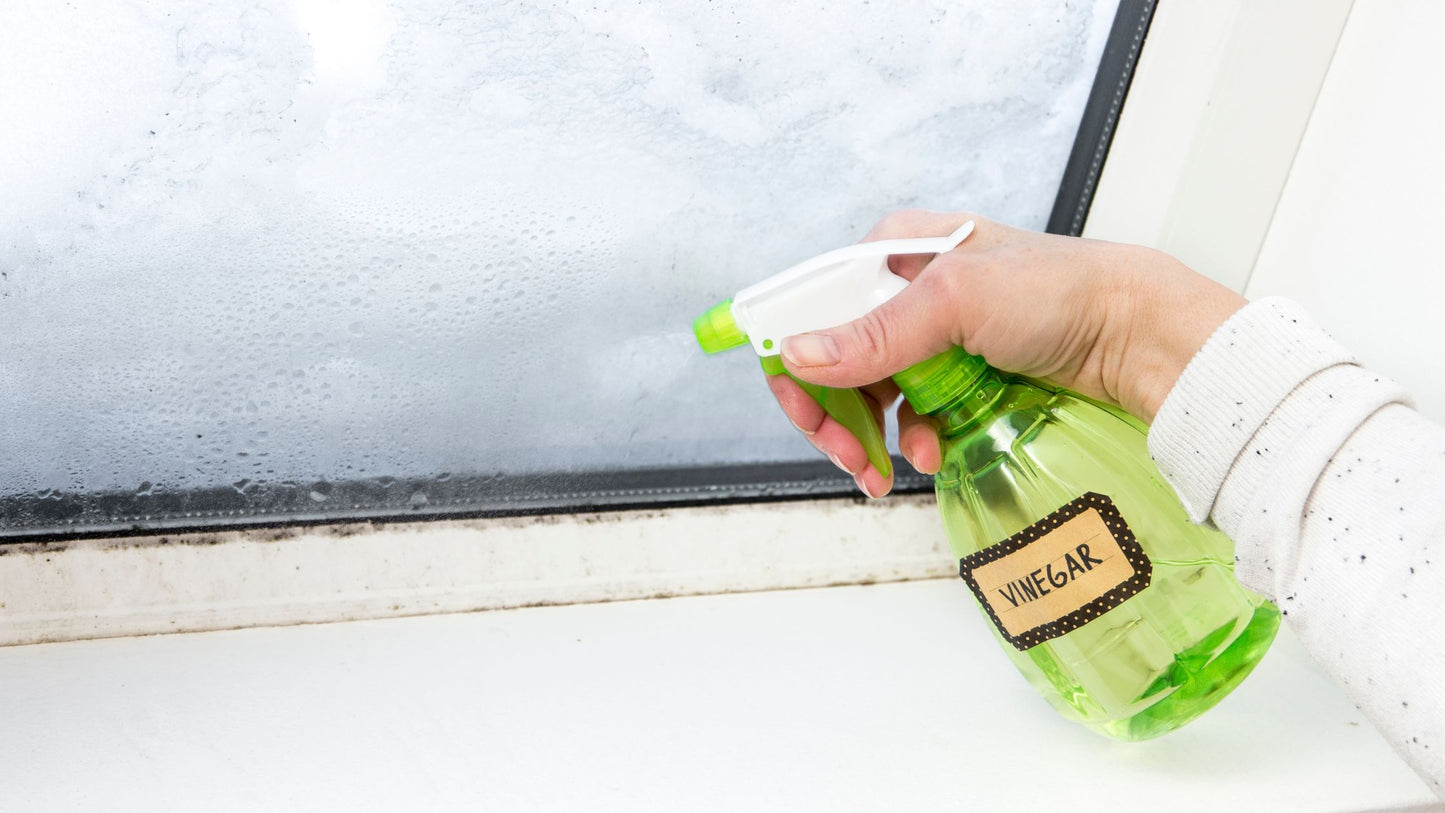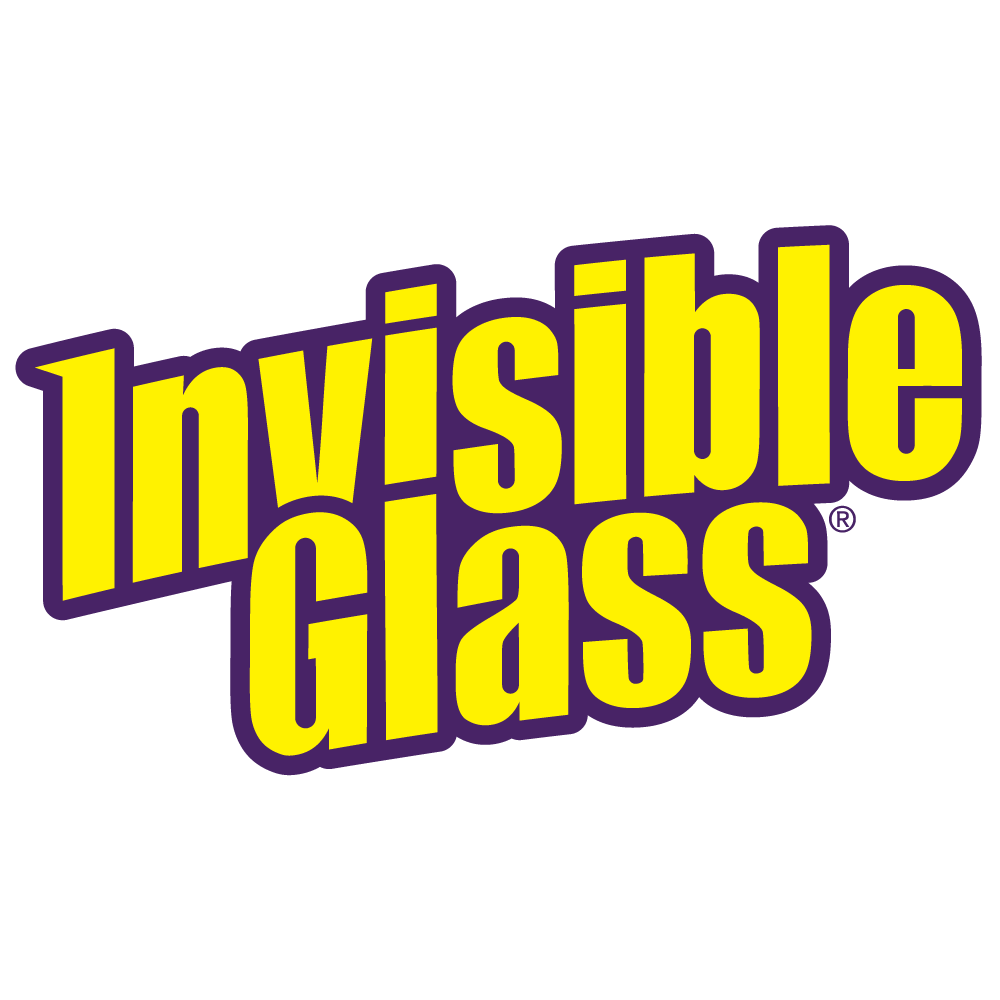
Cleaning glass surfaces is an art, and choosing the right tool for the job is crucial to achieving that coveted streak-free finish. Among the array of options, vinegar has gained popularity as an accessible and natural alternative. However, before reaching for that trusty bottle of white vinegar, it's essential to explore its benefits and drawbacks. In this post, we'll also consider the merits of traditional streak-free glass cleaners.
In short, we recommend using traditional streak-free glass cleaners over homemade vinegar solutions when cleaning glass. While vinegar will do an okay job, it won’t sanitize or disinfect – and it may damage some of the surfaces in your home.
Why Vinegar Has Become a Favorite for Cleaning Glass
In the world of DIY cleaning solutions, vinegar has emerged as a bit of a celebrity. It's the kind of household staple, ready to leap into action, whether for a salad dressing or a cleaning spree. What's propelled vinegar to this status? Several factors.
|
Vinegar: Why is it popular? ➔ Affordability: Unlike specialized cleaners that can nibble away at your wallet, vinegar is cost-effective, proving that sometimes, the best solutions are right in your pantry. ➔ Eco-Friendliness: In an era where 'green' is not just a color but a lifestyle, vinegar's natural composition makes it a hit for those looking to reduce their chemical footprint. It's a breath of fresh air—literally—compared to some of the heavy-duty, chemical-laden alternatives. ➔ Natural Acidity: Vinegar’s acidic nature gives it the power to cut through grease and grime, making it a go-to for glass and other surfaces around the house. |
However, while vinegar's affordability, versatility, and eco-friendliness are commendable, it's crucial to remember that it's not a one-size-fits-all solution, especially when it comes to specialized tasks like cleaning glass to a professional standard. So, as we explore the world of vinegar as a glass cleaner, it's worth weighing its homely charm against the efficacy and safety of traditional glass-cleaning methods.
Despite Vinegar's Charm, It's Not Without Its Flaws
Vinegar might be the darling of the DIY cleaning world, but it's not without its shortcomings. It's like that trusty old friend who's great for a chat but not the one you'd call for every situation. Let's peel back the layers on some of vinegar's limitations, especially when it comes to glass cleaning.
Unpleasant Odor: Vinegar's Aromatic Footprint
Vinegar's scent is as distinctive as divisive. Some might say it's 'acquired'; others just scrunch their noses. This pungent aroma can be a deal-breaker, particularly when it lingers long after the cleaning, leaving behind a more sour-than-sweet reminder. It's a bit like leaving a signature everywhere you go—except it's not always one you'd want.
Not Ideal for All Surfaces: Vinegar's Selective Compatibility
Vinegar plays well with glass, but it's a different story for other materials. Its acidic nature turns villainous on surfaces like natural stone or granite countertops, potentially etching and dulling their elegant finishes. In this case, vinegar acts more like a foe than a friend, reminding us that it can't always be the hero on every surface.
Potential Residue and Streaks: The Challenge of a Spotless Shine
We turn to cleaners for that satisfying, streak-free finish, especially on the glass. But vinegar can sometimes leave behind streaks or a hazy residue, particularly if it's not diluted correctly or the glass is grimy. It's like striving for perfection and ending up with a 'just missed it' feeling. Getting that flawless finish with vinegar can be a bit of a tightrope walk.
Slow Degreasing Action: Vinegar's Grease Battle
When cutting through grease, vinegar might not always bring its A-game. Its degreasing prowess can lag, especially compared to commercial glass cleaners formulated with specific degreasers. These professional-grade cleaners are like the special forces of glass care, tackling grime head-on without needing an elbow grease marathon.
In weighing the pros and cons of vinegar for glass cleaning, it's clear that while it has its place in the cleaning arsenal, it might not always be the star player for every task, especially when a spotless, streak-free shine is the goal.
Why You Should Opt for a Streak-Free Glass Cleaner
In the quest for immaculately clean glass, the choice of cleaning agent plays a starring role. While vinegar has its charms as an accessible, natural option, the benefits of using a dedicated streak-free glass cleaner are clear and compelling. These cleaners aren't just general-purpose sprays; they are precision-engineered for glass surfaces, guaranteeing a superior clean that effortlessly cuts through grease, grime, and the most stubborn of fingerprints while leaving no streaks in their wake. What really sets them apart is their unwavering commitment to delivering unrivaled clarity and transparency. Here’s why a professionally-formulated streak-free glass cleaner trumps vinegar for those seeking efficiency, convenience, and, most importantly, a crystal-clear shine.
Specialized Formulas for Glass
Streak-free glass cleaners stand out with their tailor-made formulas for glass surfaces. They're like skilled artisans dedicated to glass care, adeptly removing grease, grime, and fingerprints while ensuring no streaks mar the surface. Their advanced formulations are a testament to their singular focus: achieving your glass's highest clarity and transparency.
Quick Drying and Residue-Free
Move over, vinegar, with your slow drying and potential for residue. Streak-free glass cleaners are in a league of their own, boasting quick-drying properties that leave surfaces spotless and streak-free. This rapid action means you spend less time on the task and more time basking in the brilliance of your sparkling glass.
Convenience and Time Efficiency
When it comes to ease of use and saving time, streak-free glass cleaners are the champions. Ready-to-use right out of the spray bottle, they eliminate the hassle of mixing and measuring. A few spritzes and a wipe, and you're well on your way to crystal-clear glass with minimal effort.
No Funky Smells
Vinegar's potent aroma is notorious, capable of permeating a room and lingering long after cleaning. In contrast, streak-free glass cleaners have a more subdued chemical scent that doesn't outstay its welcome, ensuring a pleasant cleaning experience without the olfactory overload.
Professional Glass Cleaners: For Those Who Want a Crystal Clear Solution
While vinegar can be used for cleaning glass, it falls short of being the ideal solution. We recommend opting for a specialized glass cleaner. It’s a small investment for a big return in time, effort, and results. These engineered products are designed to meet your needs for glass care, offering a seamless, efficient, and satisfying cleaning experience. Clearly, your choice matters!



